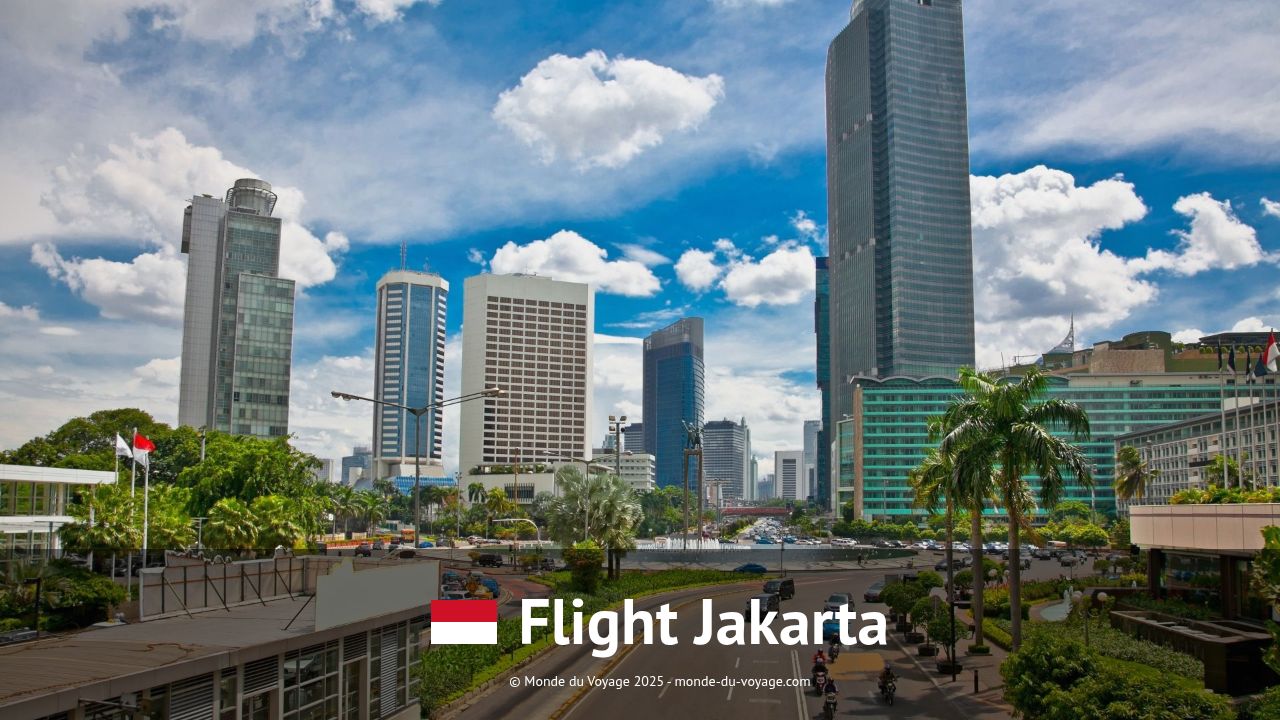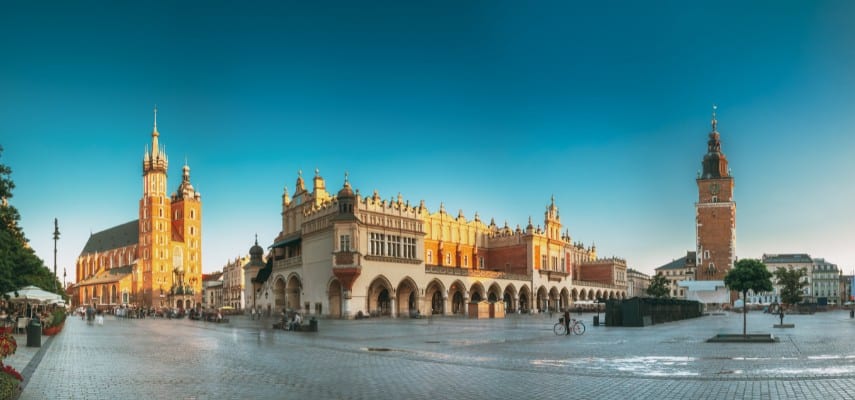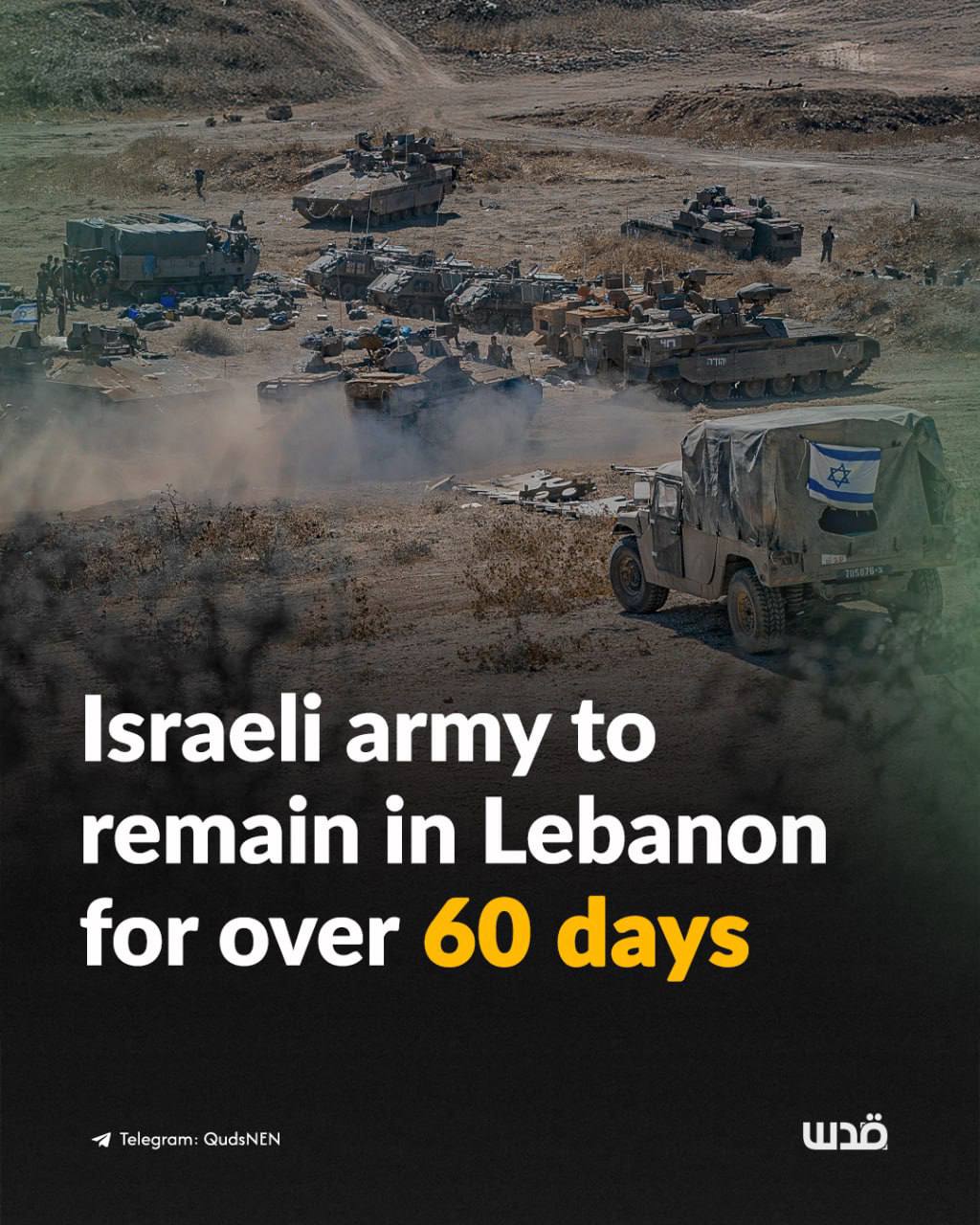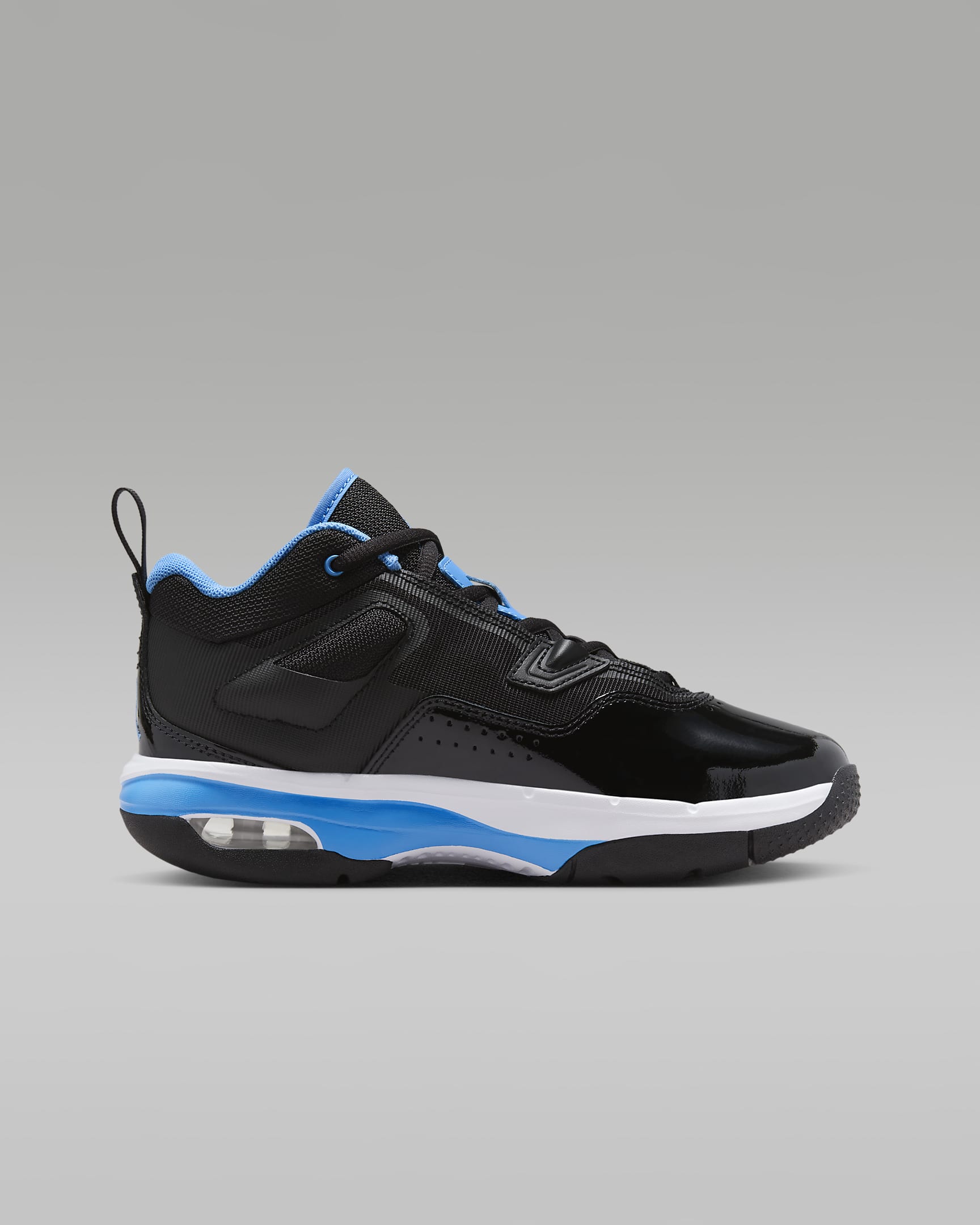
Jakarta, the sprawling, chaotic, and utterly captivating capital of Indonesia, is a city that pulses with relentless energy. Often called the "Big Durian" for its spiky exterior and surprisingly sweet interior, it’s a metropolis of stark contrasts: gleaming skyscrapers tower over traditional markets, luxury malls sit near humble street food stalls, and ancient history collides with a hyper-modern future. For many travellers, Jakarta is the bustling gateway to the idyllic beaches of Bali or the volcanic landscapes of Java. But for those who take the time to explore, the city itself is a rewarding destination, rich with culture, history, and a culinary scene that is second to none.
The best part? Reaching this dynamic hub has never been more affordable. With a strategic approach, securing cheap flights to Jakarta is well within reach, unlocking an adventure in one of Southeast Asia’s most misunderstood and exciting cities. This guide will not only show you how to find those budget-friendly fares but will also equip you with everything you need to know to dive headfirst into the heart of Indonesia.
The Art of Finding Cheap Flights to Jakarta
Related Articles about The Ultimate Guide to Finding Cheap Flights to Jakarta: Your Gateway to Indonesia’s Vibrant Capital:
- Slovenia on a Shoestring: Unveiling the Emerald Gem Without Breaking the Bank
- France: A Tapestry of Timeless Wonders
- Lebanon: The Resilient Jewel of the Levant – Your Comprehensive Travel Guide
- The Jewel of the Desert: Your Ultimate Guide to Traveling to Dubai
- The Emerald Isle Beckons: Your Comprehensive Guide to Traveling Ireland
Your Jakarta adventure begins long before you land at Soekarno-Hatta International Airport (CGK). It starts with the hunt for the perfect flight deal. Conquering the world of airfare can feel daunting, but with these proven strategies, you can significantly cut down on costs.
1. Be Flexible with Your Dates: This is the golden rule of budget travel. Flying on a Tuesday or Wednesday is almost always cheaper than on a Friday or Sunday. If your schedule allows, use flight comparison tools like Google Flights or Skyscanner and select the "whole month" or "flexible dates" option. This will give you a calendar view, instantly highlighting the cheapest days to fly.
2. Book in the Sweet Spot: For long-haul international flights, booking 3-6 months in advance is often the sweet spot. This is when airlines have released their seats but demand hasn’t yet peaked. Booking too early can sometimes be as expensive as booking last minute. Set up price alerts for your desired route; these tools will notify you when the price drops, allowing you to book at the optimal moment.
3. Embrace Budget Airlines and Layovers: Southeast Asia is a haven for low-cost carriers. Airlines like AirAsia, Scoot, and Lion Air offer incredibly competitive fares to Jakarta from regional hubs like Singapore, Kuala Lumpur, and Bangkok. While you might have to pay extra for luggage and meals, the base fare savings can be substantial. Similarly, direct flights are convenient but often pricier. A flight with a layover, especially in a major hub, can often slash the price significantly.
4. Travel During the Shoulder or Low Season: Jakarta’s weather patterns directly influence flight prices. The peak dry season (June-September) sees higher demand and costlier flights. Consider travelling during the shoulder seasons (April-May, October) or even the wet season (November-March). While you’ll encounter rain, it often comes in short, intense bursts, leaving the rest of the day clear for exploring—and you’ll be rewarded with fewer crowds and much cheaper airfare.
A Glimpse into Jakarta’s Layered History
Once your cheap flight is secured and you land in Jakarta, you’re stepping into a city with a history as deep and complex as its traffic. Its story begins at the port of Sunda Kelapa, a bustling trading post for the Sunda Kingdom. In the 16th century, it was conquered and renamed Jayakarta, meaning "victorious city."
The most transformative period came with the arrival of the Dutch. In 1619, the Dutch East India Company (VOC) razed Jayakarta and built a new walled city in its place, naming it Batavia. This became the capital of the Dutch East Indies, a colonial hub of trade and power. The remnants of this era are beautifully preserved in North Jakarta’s Kota Tua (Old Town), where grand colonial buildings still line the central square.
After centuries of colonial rule, Indonesia declared its independence in 1945, and Batavia was reclaimed and renamed Jakarta. The city became the epicentre of the new nation’s identity, a symbol of its struggle and its future aspirations. This history is palpable as you explore its monuments and museums.

Unmissable Attractions in the Big Durian
Jakarta is not a city of singular, iconic sights like Paris or Rome. Its charm lies in its diverse neighbourhoods and experiences. Here are the essential attractions to add to your itinerary.
Kota Tua (Old Batavia): A trip to Jakarta is incomplete without visiting its historic heart. Wander around Fatahillah Square, a cobblestone plaza surrounded by impressive Dutch colonial architecture. Here you’ll find the Jakarta History Museum (housed in the former city hall), the Wayang Museum (dedicated to Indonesian puppetry), and the Fine Art and Ceramics Museum. Rent a colourful, decorated bicycle (sepeda ontel) to circle the square and cap off your visit with a drink at the legendary Café Batavia, a beautifully restored 200-year-old building that transports you back in time.
National Monument (Monas): Dominating the centre of Merdeka (Freedom) Square, this 132-meter-tall marble obelisk is Jakarta’s most famous landmark. Topped with a flame covered in gold foil, it symbolizes Indonesia’s fight for independence. Take the elevator to the observation deck for a panoramic, if sometimes hazy, view of the sprawling cityscape. The basement houses a diorama museum depicting key moments in Indonesian history.
Istiqlal Mosque and Jakarta Cathedral: Situated directly across from each other, these two magnificent religious structures are a powerful symbol of Indonesia’s national motto, "Bhinneka Tunggal Ika" (Unity in Diversity). The Istiqlal Mosque is the largest in Southeast Asia, a modernist marvel of marble and stainless steel capable of holding over 120,000 worshippers. The neo-gothic Jakarta Cathedral, with its intricate spires, stands in beautiful contrast. Visitors are welcome at both (remember to dress modestly).
Shopping Malls as a Cultural Experience: In Jakarta, malls are more than just places to shop—they are air-conditioned social hubs, dining destinations, and entertainment complexes. To understand modern Jakarta, spend an afternoon at a mega-mall like Grand Indonesia or Plaza Indonesia. You’ll find everything from luxury international brands to local designers, massive food courts, cinemas, and even art installations. It’s a fascinating glimpse into the city’s contemporary culture and a welcome respite from the tropical heat.
The Best Time to Visit
Jakarta has a tropical monsoon climate with two distinct seasons:
- Dry Season (June to September): This is the most popular time to visit. You can expect plenty of sunshine, blue skies, and lower humidity. It’s the perfect weather for sightseeing and exploring the city on foot. However, this is also peak season, so expect larger crowds and higher prices for flights and accommodation.
- Wet Season (October to May): This season is characterized by heavy rainfall and high humidity. The downpours are typically intense but short, often occurring in the afternoon. If you don’t mind the rain, this can be an excellent time for budget travellers to visit. Flight and hotel prices are at their lowest, and the city’s vegetation is lush and green. Just be sure to pack an umbrella and be prepared for potential traffic snarls caused by flooding.
Navigating the Metropolis: Transportation in Jakarta
Getting around Jakarta can be an adventure in itself. The city is notorious for its traffic jams (macet), but a modernizing public transport system offers several efficient options.
- Ride-Hailing Apps (Gojek and Grab): These are your best friends in Jakarta. Gojek (a local super-app) and Grab are essential for getting around. You can book a car (Go-Car/GrabCar) or, for a truly local experience that zips through traffic, a motorcycle taxi or ojek (Go-Ride/GrabBike). They are incredibly cheap, convenient, and the prices are fixed upfront.
- TransJakarta Busway: This bus rapid transit (BRT) system operates on dedicated lanes, allowing it to bypass much of the city’s gridlock. It’s an extremely affordable and effective way to travel between major districts.
- MRT and LRT: The relatively new Mass Rapid Transit (MRT) and Light Rail Transit (LRT) systems are clean, modern, and efficient. While the network is still expanding, the existing lines connect key business and residential areas and are a fantastic way to travel along their routes.
- Taxis: Stick to reputable taxi companies like Blue Bird Group. They are known for always using the meter and having reliable drivers. You can hail them on the street or book them through their app.
Where to Stay: Accommodation for Every Budget
Jakarta offers a vast range of accommodation options to suit any travel style or budget.
- Luxury: For a five-star experience, stay in the central business districts of Sudirman, Thamrin, or Kuningan. Here you’ll find world-class hotels like the Mandarin Oriental, Hotel Indonesia Kempinski, and The Ritz-Carlton, offering impeccable service and stunning city views.
- Mid-Range: Areas like Menteng and Kemang offer excellent mid-range hotels from international chains like Ibis and Novotel, as well as stylish boutique properties. These provide great value with modern amenities and convenient locations.
- Budget: Backpackers and budget travellers will find a growing number of clean, modern hostels and guesthouses around central and south Jakarta. Jalan Jaksa was once the city’s famous backpacker street, though today, better options are spread throughout the city. Platforms like Booking.com and Hostelworld are great resources for finding affordable private rooms and dorm beds.
Essential Travel Tips for a Smooth Trip
- Currency: The local currency is the Indonesian Rupiah (IDR). While credit cards are accepted in hotels and large establishments, cash is king for street food, local markets, and smaller shops.
- SIM Cards: Purchase a local SIM card at the airport or a mobile phone shop. Data is very cheap and essential for using ride-hailing apps and Google Maps.
- Language: Bahasa Indonesia is the official language. While English is spoken in tourist areas and hotels, learning a few basic phrases like terima kasih (thank you) and selamat pagi (good morning) will be greatly appreciated.
- Safety: Jakarta is generally a safe city for tourists, but be mindful of petty crime like pickpocketing in crowded areas. The biggest daily hazard is the traffic, so be extremely careful when crossing the street.
- Food and Water: Drink only bottled or filtered water. Jakarta’s culinary scene is a highlight, so be adventurous! From world-class restaurants to street-side warungs, there’s something for everyone. For street food, a good rule of thumb is to eat at stalls that are busy with locals.
Conclusion: Your Jakarta Adventure Awaits
Jakarta may not have the instant appeal of Bali’s beaches, but it offers something arguably more profound: a raw, unfiltered look into the heart of modern Indonesia. It is a city of immense challenges and boundless optimism, a place where history is alive on every street corner and the future is being built before your eyes.
With the accessibility provided by cheap flights, this megacity is no longer just a layover destination. It is a worthy adventure in its own right. So start your search, be flexible, and book that flight. The Big Durian is waiting to reveal its complex, chaotic, and incredibly rewarding character to you.





